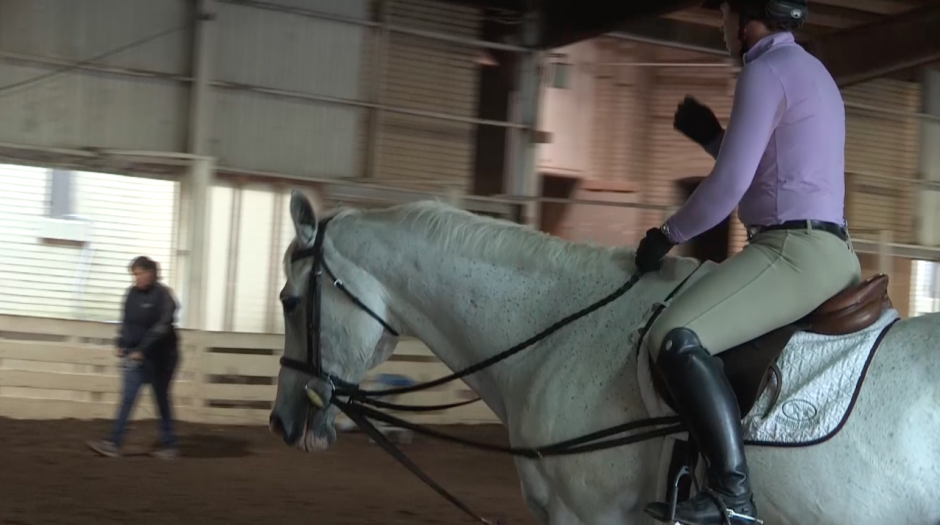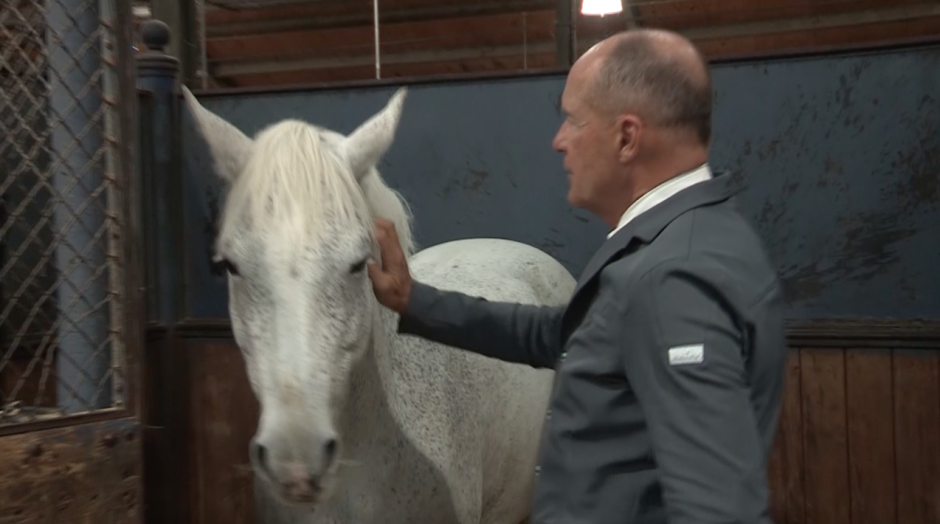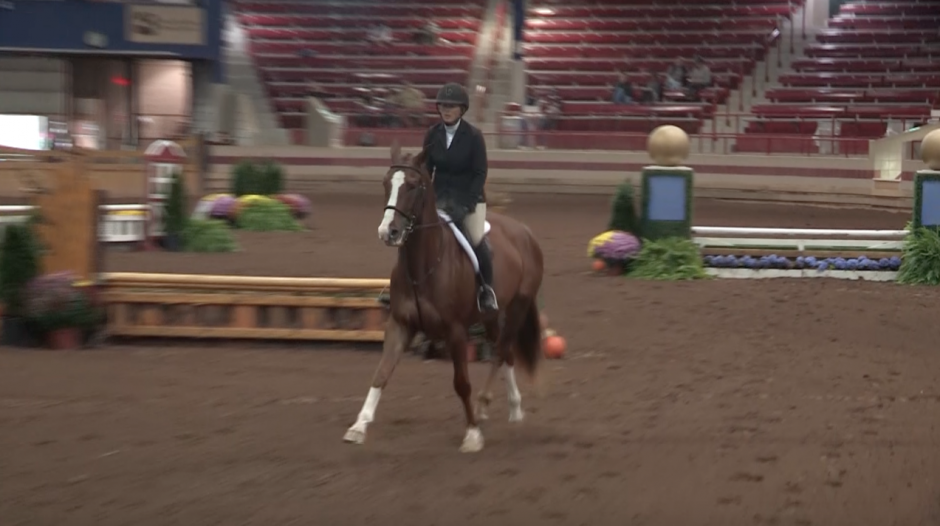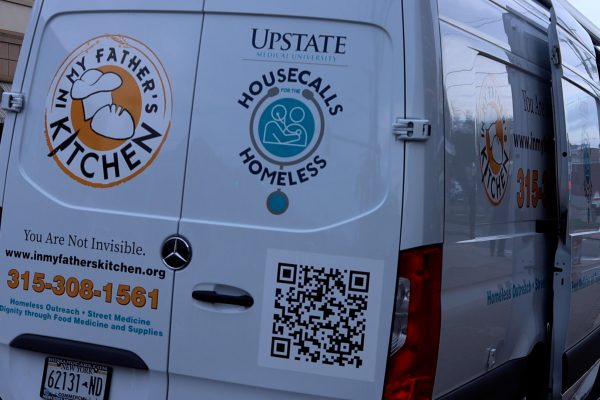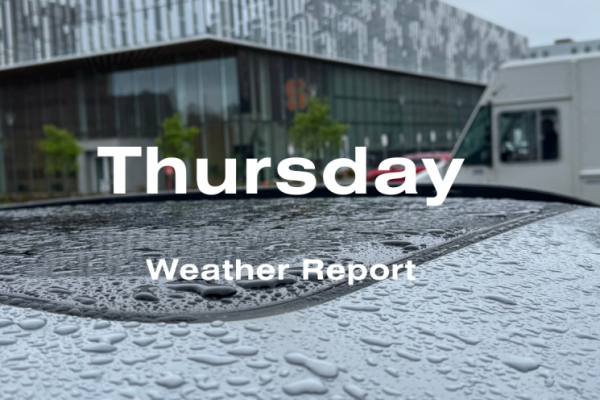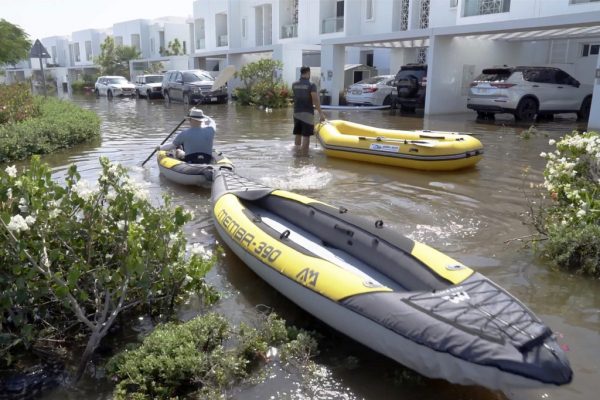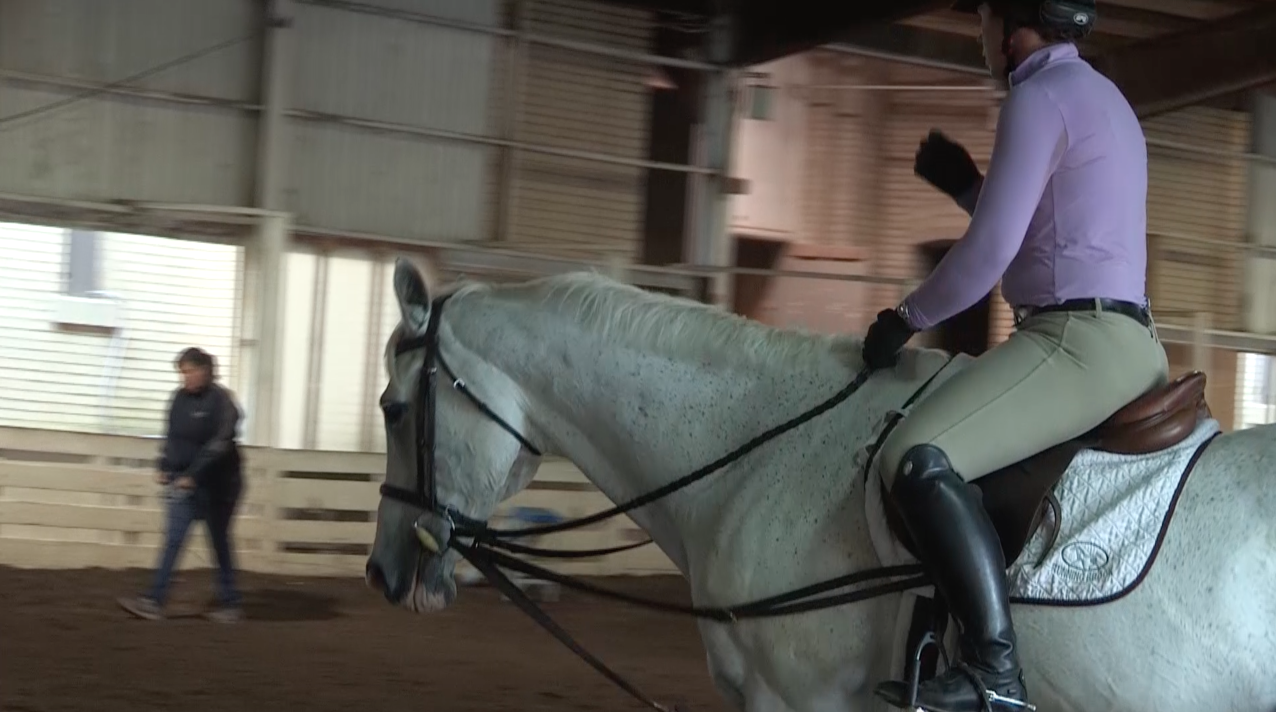
Five New York horses have been infected by Eastern Equine Encephalitis (EEE) this month, a rare and deadly disease that causes inflammation in the brain. The virus is deadly to horses and humans, and is transmitted by mosquito bites.
“It’s very serious. Conscientious horse owners should always have their horses vaccinated for it,” Naomi Blumenthal said.
Blumenthal manages the Autumn in New York horse show. On Thursday, rain patters down on the stables at the New York State Fairgrounds, where horse owners tend to their animals and prepare for the show. There, many riders say the key to stopping EEE is vaccinations.
“We’ve never had any issues, so luckily I haven’t had many reasons to deal with it. You just kind of get it done,” owner Stacy Friedlander said.
EEE is deadly to about 30 percent of people who contract it, according to the Center For Disease Control (CDC). Vaccinations for shows like Autumn in New York are required every six months, but horses that do not receive the required treatment are at risk of transmitting the disease.
“A lot of owners, they just keep their horse at home. And they figure ‘oh well, they’re not gonna catch anything ’cause there’s nobody to catch it from,'” Blumenthal said. “But that’s transmissible to humans by mosquitoes.”
The concern in New York State comes from recent diagnoses in surrounding areas. In the last month, three people have died in Massachusetts, along with two more in Connecticut.
Onondaga County plans to do aerial spraying of mosquitoes after finding some bugs infected with EEE and West Nile Virus in the Cicero swamp area. This means proper protection for horses is that much more important.
“You work with a veterinarian… If something is coming through, there’s a mosquito-borne illness or something like that, then you might get additional vaccinations,” Friedlander said.


